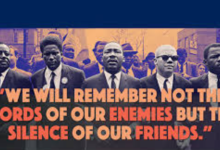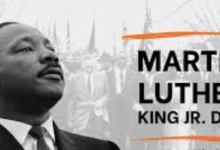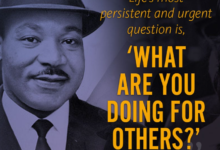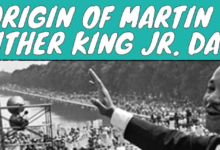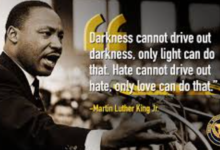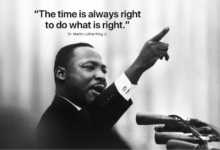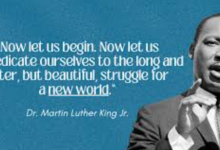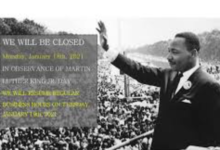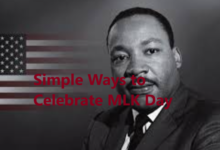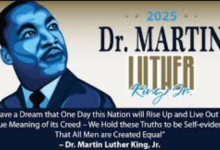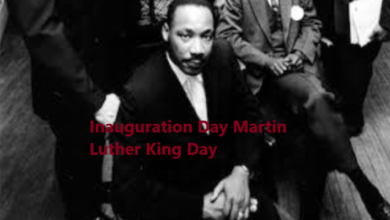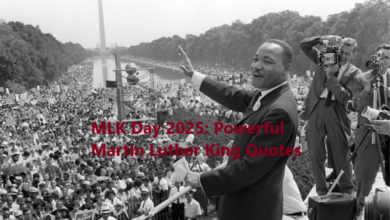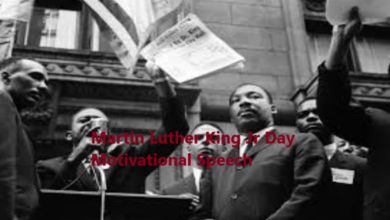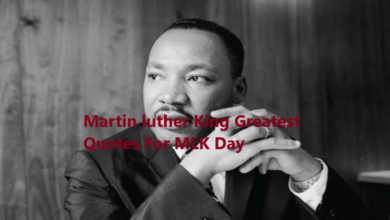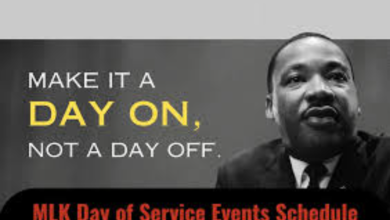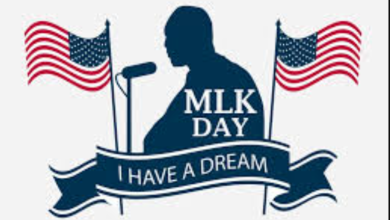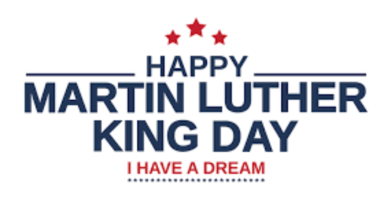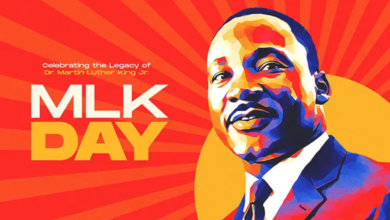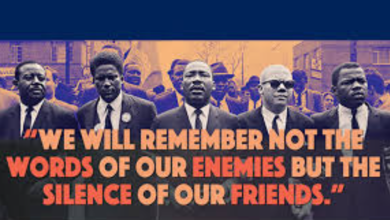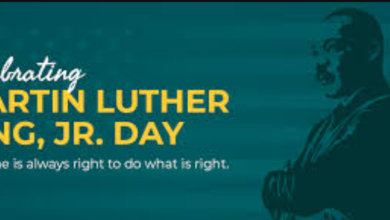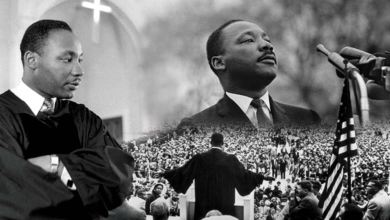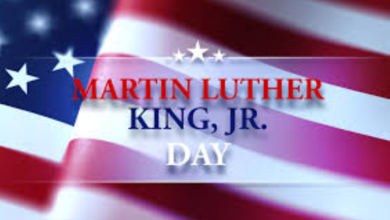Image Dr Martin Luther King Jr 2025
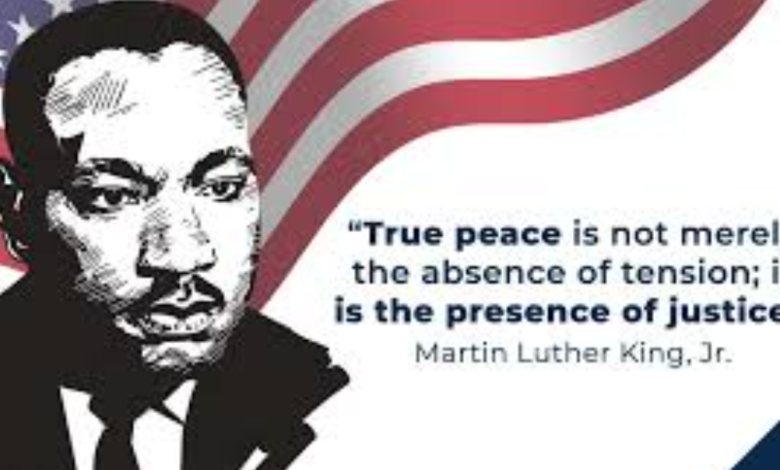
The image of Dr. Martin Luther King Jr. standing resolutely at the podium during his “I Have a Dream” speech is one that resonates across generations. His vision for equality, justice, and peace remains as relevant in 2025 as it was in 1963. But beyond that iconic speech, Dr. King’s life, mission, and impact extend far beyond what can be captured in a single moment.
This blog takes an in-depth look at Dr. King’s enduring legacy—exploring the principles he stood for, the challenges he faced, and the lessons we can draw from his life as we tackle modern injustices in 2025 and beyond.
Who Was Dr. Martin Luther King Jr.?
Dr. Martin Luther King Jr. was a Baptist minister, scholar, and leader of the American civil rights movement from the mid-1950s until his assassination in 1968. A proponent of nonviolent resistance, he led efforts to dismantle systemic racism and spoke out against segregation, disenfranchisement, and economic inequality.
Born on January 15, 1929, in Atlanta, Georgia, Dr. King was inspired by the teachings of Mahatma Gandhi and Jesus Christ, blending nonviolence with profound faith. He quickly rose to prominence as a leader of the civil rights movement after the Montgomery Bus Boycott in 1955, which protested the arrest of Rosa Parks for refusing to give up her seat to a white passenger.
The Heart of Dr. King’s Vision
Pursuit of Equality
Dr. King firmly believed in a society where individuals were judged by the “content of their character” rather than the “color of their skin.” His dream of equality extended beyond legal rights; it encompassed social, economic, and systemic justice. Achieving this vision means addressing embedded inequalities in education, employment, and representation—issues still relevant in 2025.
Faith in Nonviolence
One of Dr. King’s most profound contributions was his commitment to nonviolent resistance. Inspired by Gandhi, he believed that social change was best achieved through peaceful protests, boycotts, and civil disobedience rather than actions rooted in aggression. This principle was at the core of key events such as the Selma to Montgomery marches and the Birmingham campaign.
A Fight Against Poverty
Dr. King’s final years often focused on economic justice. He recognized that true equality could not exist without addressing poverty, which disproportionately affected Black Americans. His Poor People’s Campaign sought to address systemic economic disparities by uniting people across racial and ethnic lines.
Dr. King’s Impact on the Modern World
Dr. King’s contributions fundamentally shifted the landscape of civil rights in America. The Civil Rights Act of 1964 and the Voting Rights Act of 1965—milestones that banned segregation and ensured voting rights for African Americans—were born out of his leadership and advocacy.
Yet, his legacy has global reach. Activists worldwide, from South Africa to India, continue to draw inspiration from his philosophy of justice and nonviolence. Modern movements for racial justice, including Black Lives Matter, trace their roots back to Dr. King’s powerful words and actions.
Dr. King’s Legacy in 2025
Fifty-seven years after his assassination, nations continue to grapple with issues of race, inequality, and injustice. But Dr. King’s message reminds us that progress is possible when communities unite for a common cause. His life serves as a guidepost for today’s civil rights leaders, reminding them that change is rarely fast, often requiring faith, courage, and an unrelenting commitment to justice.
Lessons from Dr. King for Today’s Challenges
Looking at the challenges of 2025—from widening economic gaps to the global rise of racial tensions—Dr. King’s teachings provide a blueprint for actionable change. Here are some valuable lessons we can draw from his legacy today:
1. Listen to Marginalized Voices
True progress begins with listening. Dr. King was committed to amplifying the voices of those who suffered under oppressive systems. Today, we must make space for marginalized communities to share their stories and lead discussions on solutions.
2. The Power of Collective Action
Dr. King proved that collective action can move mountains. By uniting protesters, workers, faith leaders, and everyday citizens, he brought attention to injustices no one could ignore. Modern movements can learn from this by building coalitions across racial, cultural, and socio-economic divides.
3. Nonviolence as a Strategy
Violence rarely produces lasting solutions. Dr. King’s philosophy of nonviolence reminds us that dialogue and peaceful demonstrations wield far more power than aggression or destruction.
4. Hope in the Face of Adversity
Dr. King’s optimism in the face of overwhelming barriers is a lesson to carry forward. Whether confronting systemic oppression or modern challenges like climate change and global inequality, steadfast hope fuels long-term progress.
Keeping the Dream Alive
Dr. Martin Luther King Jr.’s legacy is much more than a historical chapter. It is a call to action. The challenges he addressed—racism, economic inequality, and justice—are not confined to the past. They demand our attention and action today.
For individuals, honoring Dr. King’s legacy can mean:
- Educating yourself on systemic injustices and civil rights history.
- Advocating for policies that promote equity and inclusion.
- Engaging in acts of service to uplift communities around you.
For organizations and institutions, this means:
- Creating diverse and inclusive spaces by addressing inequities in hiring, promotion, and representation.
- Actively participating in community outreach and reinvestment.
Dr. King once said, “The arc of the moral universe is long, but it bends toward justice.” But it doesn’t bend on its own—it bends when people push it. The world needs more people willing to take up that mantle.
